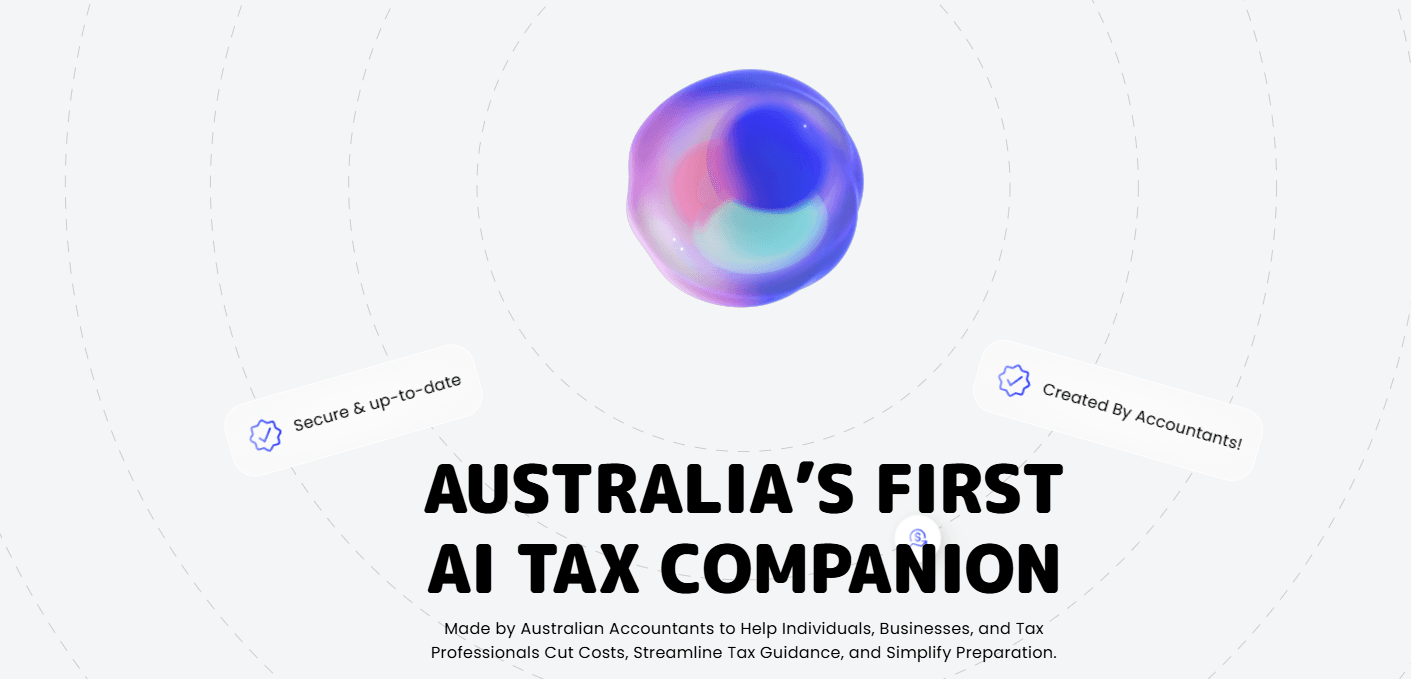If you're like most Aussies, tax time means one big question: “What can I actually claim?” Whether you're a full-time employee, casual worker, remote professional, or juggling a side hustle — knowing what deductions you're entitled to can make a real difference to your refund.
This guide covers the top tax deductions everyday Australians can claim in 2025, what to avoid, and how Ezyiah makes it easy to track and claim what you're owed.
What’s a Tax Deduction — and Why It Matters
A tax deduction lowers the part of your income that the ATO can tax. This means you might pay less or receive a bigger refund — as long as the expense is clearly work-related and you’ve got the records to prove it.
So if you're claiming it, you need:
- A direct link between the expense and your work
- A record (receipt, invoice, logbook, etc.)
- To have paid for it yourself (not reimbursed by your employer)
Top 10 Deductions You Can Claim in 2025
Here are the most common tax deductions Australians overlook — and what they actually cover.
1. Working From Home Expenses
- 70¢ per hour (fixed rate method) — includes internet, electricity, phone
- Or actual expenses (if you’ve got detailed records)
- Must have kept a log of hours worked from home
2. Tools & Equipment
- Tradie tools, chef knives, laptops, stethoscopes, etc.
- If under $300, claim full cost
- If over $300, claim depreciation over time
3. Work-Related Travel
- Car mileage (if you use your car for work duties — not the commute!)
- Parking, tolls, public transport (for work trips)
- Travel diaries for overnight work trips
4. Uniforms & Laundry
- Branded or protective uniforms
- Occupation-specific clothing (nurses, chefs, etc.)
- Laundry costs (must estimate or use ATO rate)
5. Self-Education Expenses
- Course fees, textbooks, stationery
- Must directly relate to your current job (not future career plans)
6. Phone & Internet Use
- If you use your mobile/internet for work, claim the work-use portion
- Keep a 4-week log or use itemised bills
7. Union Fees & Subscriptions
- Union membership
- Professional or industry association fees (e.g. Nursing, Engineering, Teaching bodies)
8. Work-Related Stationery & Office Supplies
- Diaries, pens, printer ink, USBs
- Items used to perform your job duties
9. Tax Agent Fees
- Claimed in the year after you paid the accountant or agent
- Also includes fees for Ezyiah if used to assist your return
10. Donations to Registered Charities
- Must be over $2 and to a Deductible Gift Recipient (DGR)
- No benefits received in return (e.g. raffle tickets don’t count)
What You Can’t Claim (Even if You Think You Can)
- Commuting to and from work
- Everyday clothing (even if you wear it to work)
- Lunches, coffees, or snacks
- Gym memberships (unless required by your job)
- Education that’s unrelated to your current income
Common Mistakes to Avoid
- Guessing work-related use percentages
- Claiming deductions without receipts
- Relying on bank statements instead of tax invoices
- Forgetting side hustle income (the ATO won’t)
The ATO uses data-matching from banks, employers, and platforms like Uber, Etsy, and PayPal — so honesty (and good records) are key.
How to Track Deductions Without the Stress
You don’t need a shoebox of receipts anymore — and you definitely don’t need a spreadsheet if that’s not your vibe.
Ezyiah makes tracking deductions ridiculously simple:
- Scan and store receipts instantly
- Categorise expenses as you go
- Remind you of what’s deductible (and what’s not)
- Prep everything you need for myTax or your accountant
It's like having a tax-savvy mate who remembers everything.
Final Word
Claiming tax deductions doesn’t need to be complicated — it just needs to be accurate. Most Australians are entitled to more than they realise, but the trick is knowing what’s fair game… and what’s fantasy.
With Ezyiah helping you track, store and claim as you go, you’ll be more prepared — and possibly better off — when July rolls around.
Make 2025 the year you stop guessing and start claiming.





